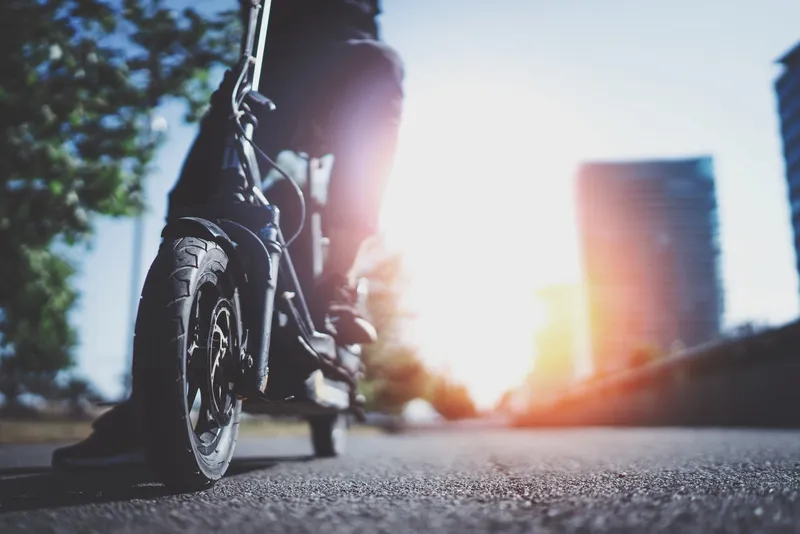Micromobility must focus on safety and lowering accidents as much as possible, says technology firm Trafi.
Speaking at the TaaS (Transportation as a Service) Conference in the UK city of Birmingham this week, Sigrid Dalberg-Krajewski, head of marketing and communications at Trafi, says electric scooters can be unlocked by someone who is drunk or under the age of 18.
“But it is not only about restricting usage, it is also about connecting cities in the suburban areas and how to incentivise these people to leave their car at home if they are travelling into the city,” she added.
Beate Kubitz, director of policy & communications at mobility organisation
“Traditionally we have not been prepared to give up space for people on bikes and the infrastructure is not there,” she continues. “Riders who park bikes and scooters untidily can create problems for blind and disabled people and we should be designing parking for bikes and scooters in cities already.”
Dalberg-Krajewski insists that data needs to be “gathered in a sufficient way” to aid cities in the development of regulations and urban planning.
“We are facing challenges in urban mobility that directly affect the infrastructure and if we know how the system works we can incentivise travelling in a more environmentally friendly way and create cities which are attractive to live in,” she concludes.
Micromobility must focus on safety, says Trafi
Micromobility must focus on safety and lowering accidents as much as possible, says technology firm Trafi.
Speaking at the TaaS (Transportation as a Service) Conference in the UK city of Birmingham this week, Sigrid Dalberg-Krajewski, head of marketing and communications at Trafi, says electric scooters can be unlocked by someone who is drunk or under the age of 18.
“But it is not only about restricting usage, it is also about connecting cities in the suburban areas and how to incentivise these people
July 10, 2019
Read time: 2 mins









